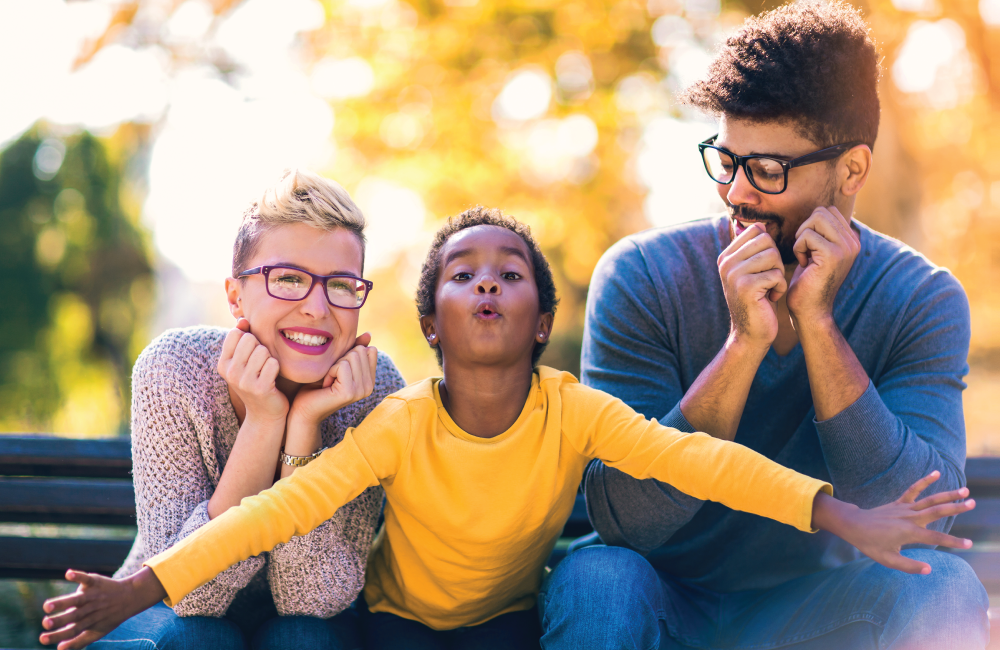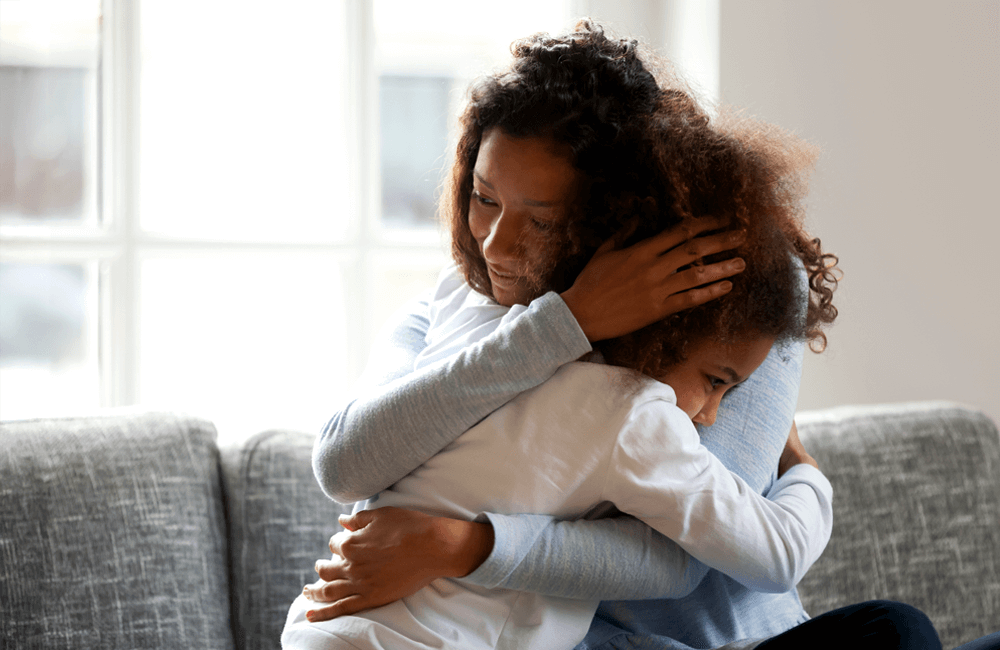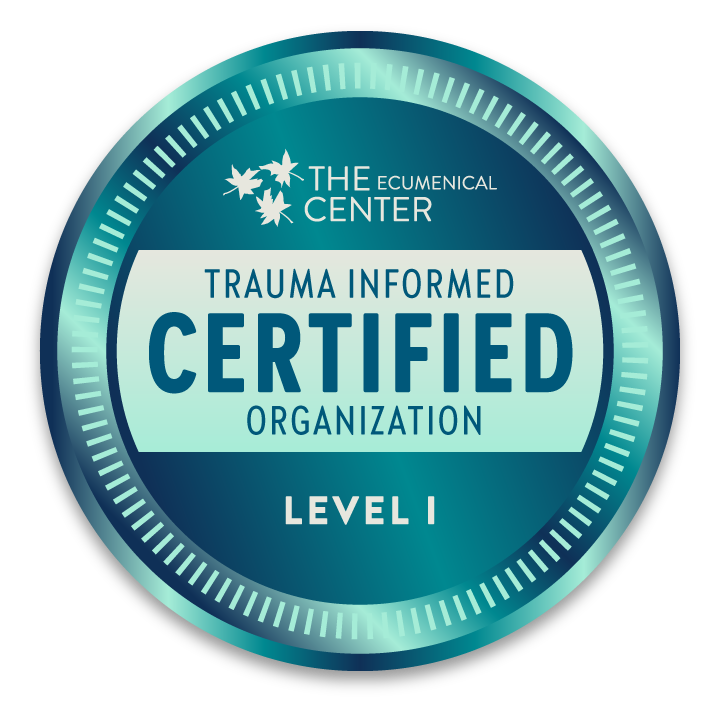When I became an adoptive parent with my husband John, our four daughters became part of our new multiracial family. They received our last name, they gained many fun relatives, family traditions, and they will inherit our belongings and money when we die. Their personalities are, in part, shaped by the environment in our home as they grew up. They have picked up some mannerisms from us. They occasionally speak in the New York accent that my husband and I share!
We love our daughters with an enormity that is impossible to accurately express. Suffice it to say that we would willingly give them anything they asked of us if it was for their good.
There are, however, two things that they did not and will never inherit from us. There are two things that an adoptive parent simply can’t give them, no matter how hard they try. The first of those is the perspective of being adopted. John and I were raised by our birth parents. We will never understand how it feels to not be with our first family.
The second inheritance that we cannot pass along to our beloved children is our race. Through adoption, we have a multiracial family. It is beautiful and we celebrate that. But as white parents, John and I will never understand how our children felt when they experienced racism at school, in the grocery store, and on social media. We cannot fully grasp how they will feel when they are faced with racism in the future.
Parenting is hard. Parenting foster or adopted children is even more complex. It is a lie to think that all our children need is love. Love is not enough when we are raising children without our DNA. Foster and adoptive parents have a responsibility to our children that, if fully embraced, takes extra measures of time, consideration, communication, and effort.
As white adoptive parents, we are prone to play this message in our heads: “He will be fine. I’ve loved him well. I don’t see the color of his skin. He’s grateful to be in our family. He never asks about his birth mom, so I’m sure he doesn’t think about it.” This message makes us feel better but does nothing to consider the thoughts and feelings of the foster or adopted children in our multiracial family.
An adoptive parent must be intentional to not assume what their children are or are not thinking and feeling about their first families and their races. We must be wise stewards of the responsibility to help these precious children work through the grief, loss, and trauma that they have felt or will feel. We must have these conversations repeatedly as they reach different milestones on their journey to adulthood. We must ask questions, listen, seek to understand. Point our children toward people who were adopted and are people of color, and then do it all over again. Rinse and repeat.
To help you as an adoptive parent on the quest to steward this responsibility well, we have prepared a list of resources. This list includes voices of adult adoptees that we think share messages that are important for multiracial families to hear and consider.
Start here with two quick tips from personal experience with multiracial parenting. Sit in what feels uncomfortable. In that uncomfortableness, you’ll be getting a little closer to understanding how children feel every time they are asked why they don’t look like you or why their birth mom didn’t want them.
You won’t regret it. The well-being of our children depends on it.
ADULT ADOPTEE AND MULTIRACIAL RESOURCES
Sam Collier was adopted as an infant and met his birth family at the age of 24. He writes about the incredible story in his book called A Greater Story: My Rescue, Your Purpose, and Our Place In God’s Plan. In Jenni Lord’s interview with Sam, he talks about the responsibility of an adoptive parent and what his adoptive dad did well. Also check out Sam’s website where you can find his podcast and other writing.
Angela Tucker is a black woman adopted by a white family. She writes and speaks extensively about multiracial adoption. You can find her here. We especially like her conversation with four teens as they discuss being parented by people of a different race, which is found here. We especially like Angela’s blog post that highlights Susan Harris O’Connor.
Speaking of Susan Harris O’Connor, her memoir of the impact of foster care and being raised in a multiracial family is well done.
Kevin Hoffman’s book called Growing up Black in White chronicles his story of growing up as a black child in foster care and then being adopted by a white family of five.
Don’t miss Michelle Madrid Branch’s conversation with Kevin Hoffman on her podcast, Greater Than. Michelle is a former foster child, international adoptee, and adoptive parent.
Emmanuel Acho’s Series called “Uncomfortable Conversations with a Black Man” is exceptionally good, especially this episode when he sits down to talk with a multiracial family.
We like this short interview a lot: Transracial Adoption: A Family’s Experience and Advice to those Considering Adopting Transracially
Black, White and Us is a documentary that is extraordinarily well-done, and we highly recommend this for white foster and adoptive parents raising black children.
Be the Bridge, an organization dedicated to racial healing, equity, and reconciliation has created a multiracial adoption curriculum called Be the Bridge Transracial Adoption: Foundational Principles for Healthy Cross-Racial Parenting.
Embrace Race is a website with helpful tools and resources for talking to children about race.

